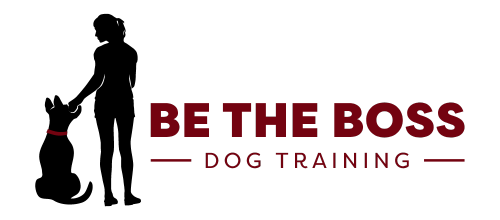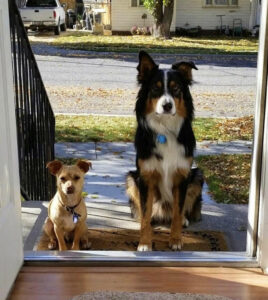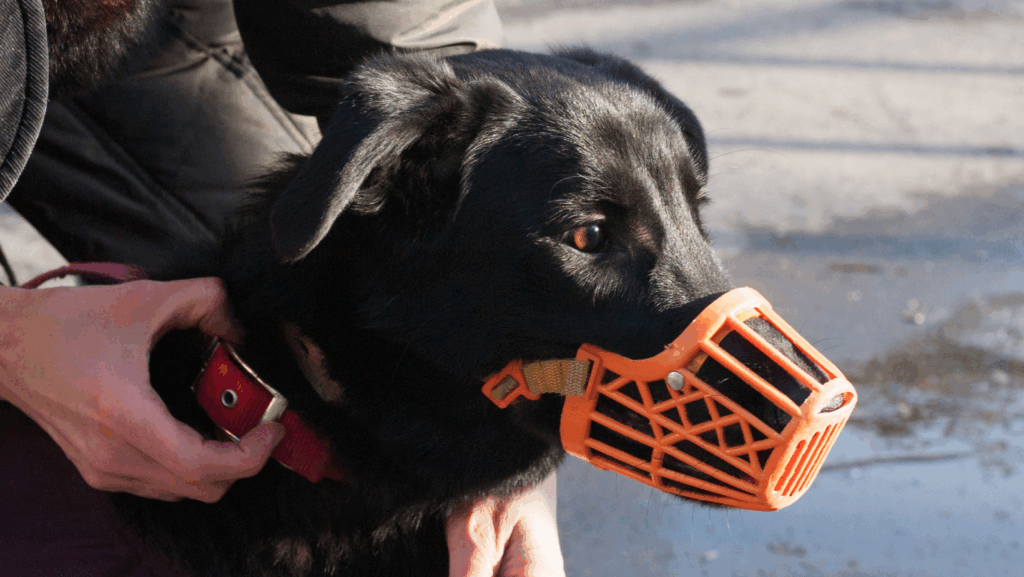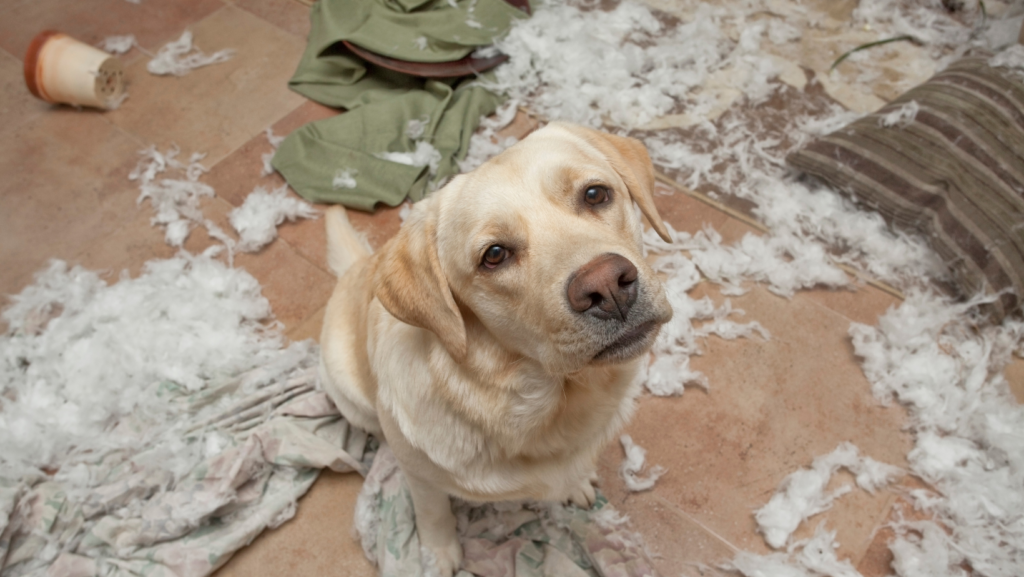Remember how your younger sibling could be so annoying!? They would steal your crayons, your clothes, your toys or take the car on the night you needed it most…and then, after the hundredth time (it felt like), of hurting your feelings you finally snapped. You yelled at them…or punched them…or stole something they liked…or locked them out of the house. And guess who got in trouble? Yup….you. Totally unfair.
If you have a bigger dog, life is going to be unfair to you too. There are lots of rude dogs in the world, and if you have a big dog you need to be careful of the little rude dogs. Simply because, if your big dog is pushed beyond its’ limits of endurance and snaps at a little dog…guess who gets in trouble? That’s right…the big dog.
Doesn’t matter that the little dog was exhibiting rude behavior like humping, or being overly excited, or dominant and pushy…your big dog is going to draw the short end of the stick every time. Because of the size of your dog it will be discriminated against and probably seen as the aggressor. The life of your dog might even be at stake. This is especially true for power breeds like German Shepherds, Rottweilers, Pit Bulls etc. If you have a power breed that has behavioral problems please contact me today!
The solution? Have a solid command like “recall”. Recall means the dog will come when you call no matter what. This will help remove your dog from a potentially dangerous situation and bring them back under your immediate control physically and mentally.
For help with the recall command CONTACT me.
Photo credit: Bakers Acres K9 Academy





